Security Data Scientist is emerging as the front-desk leaders

Have you ever heard about the security operations center (SOC) resources? Well if not let me introduce you to it. The security operations center resources are need of the hour to rule out the adversaries. Such adversaries give rise to aggressive campaigns. The SOC resource makes the use of latest and the advanced technologies to overcome the adversaries. Today, there the market is witnessing an exponential growth for the skills of information security and cloud computing along with the data science skills.
How the world of the security data scientist looks?
The market is inundated with oodles of products to identify the known threats as well as the indicator of compromises. However, is it applicable to the unknown or the hidden dangers? Well, it is not. There is a negligible amount of protection against the unknown risks, and the zero-day exploits. Also, the newly identified vulnerabilities to have little or insignificant protection.
We do have multiple servers, databases, devices as well as the applications to furnish the enriched security log data. However, with such an enriched data the overall management of the blend of structured as well as the unstructured data becomes a whammy situation.
What does the Data Security Scientist stand?
The Data Security Scientists are the perfectionists. These geniuses have loaded with a robust knowledge of the networking security, IAM (identity and access management) and vulnerability management. The data security scientists are a perfect blend of conceptual understanding of the mathematics as well as the statistical concepts at the advanced level. To list a few of these advanced concepts are the linear algebra, probability distributions, differential equations, quantitative methods in addition to the inferential statistics.
These security data scientists pioneer the domains of sophisticated algorithms and in turn, give rise to advanced models. They possess the caliber to associate these complex concepts to the real security data sets. The security data scientists are proficient in the computer programming languages such as Python, Scala, R, and MATLAB.
Security Data Scientists have nurtured in the usage of big data technologies. Such big data technologies are inclusive of HDFS, Apache Spark, Elastic Search, and MapReduce. With the assistance of such big data technologies, the security data scientists masters the solutions for the enterprise level security data. Additionally, they are imbibed with the business knowledge to present the complex data visualizations. Such complex data visualizations represent the data relationships. The data relationships are inclusive of key performance indicators, scorecards as well as the metrics. The job of security data scientists is to present these data relationships to the senior business executives.
The core skills involved in the branches of mathematics, statistics, computer science, security fundamentals and business communications are as follow:
Mathematics: The competent skills learned by a security data scientist under the domain of mathematics include linear algebra, advanced calculus, probability distribution, differential equations, and quantitative method.
Statistics: The competent skills learned by a security data scientist under the domain of statistics include parametric and non-parametric testing, inferential statistics, regression, classifications, clustering, resampling, and segmentation.
Computer Science: The competent skills learned by a security data scientist under the domain of computer science include scripting language, big data concepts, natural language processing, database languages, data modeling and munging.
Security Fundamentals: The competent skills learned by a security data scientist under the domain of security fundamentals include networking security, security intelligence, management of the vulnerability, IAM, encryption.
Business Communications: The competent skills learned by a security data scientist under the domain of business communications include visualizations, logical analysis, relationships, metrics, KPI’s, business intelligence and others.
What analytical services does the security data scientists offer?
The present data scientists requirement of the security organizations is for the organization, enrichment and the transformation of strong security data sets. The security data scientists transform the security data scientists transform such sets into meaningful schema and models. Here the necessity lies in the understanding of the data relationship with the descriptive analytics. Such descriptive analytic are composed of correlated heat maps, cause diagrams, effect diagrams, frequency charts and the series of time. As soon as the transformation of data accomplished, it is cleaned and persisted in a well-documented format. Then, data scientists must impart training to the machine to acquaint knowledge from the old labeled sets of data. Once the learning process is complete, the outcomes can be predicted with the assistance of supervised machine learning process.
Selective organizations are recruiting junior security data scientists as well as the data analysts. These data geniuses are being hired for constructing the security dashboards as well as the models for simulations. These dashboards and the simulation models aid in analysis, monitoring and reporting with the help of business intelligence tools. The integration of the security organizations with the mainstream business urges the security data scientists to evolve and provide the analytical services to other companies. Such analytical services are inclusive of fraud analytics, behavior analytics, risk analytics, and recovery from disasters.
The security data scientist knows that false positive classifications, pattern analytics, topic modeling are the cases where the blend of robust machine learning and predictive type of analysis can clinch in the success for the businesses. In turn, these projects will lead to a simplification of the workflow. Also, it will automate the repetitive manual functioning and subsequently give rise to new insights into security data patterns.
Find a course provider to learn Data Science
Java training | J2EE training | J2EE Jboss training | Apache JMeter trainingTake the next step towards your professional goals in Data Science
Don't hesitate to talk with our course advisor right now
Receive a call
Contact NowMake a call
+1-732-338-7323Take our FREE Skill Assessment Test to discover your strengths and earn a certificate upon completion.
Enroll for the next batch
Data Science-Python-ML-AI-Deep Learning (Hands-on Training)
- Sep 1 2025
- Online
Data Science
- Sep 2 2025
- Online
Data Science-Python-ML-AI-Deep Learning (Hands-on Training)
- Sep 3 2025
- Online
Data Science
- Sep 4 2025
- Online
Data Science-Python-ML-AI-Deep Learning (Hands-on Training)
- Sep 5 2025
- Online
Related blogs on Data Science to learn more

Why Pursue Data Science Training?
Empower your career in a data-driven world. Learn why data science training is crucial for high-demand jobs, informed decisions, and staying ahead with essential skills.
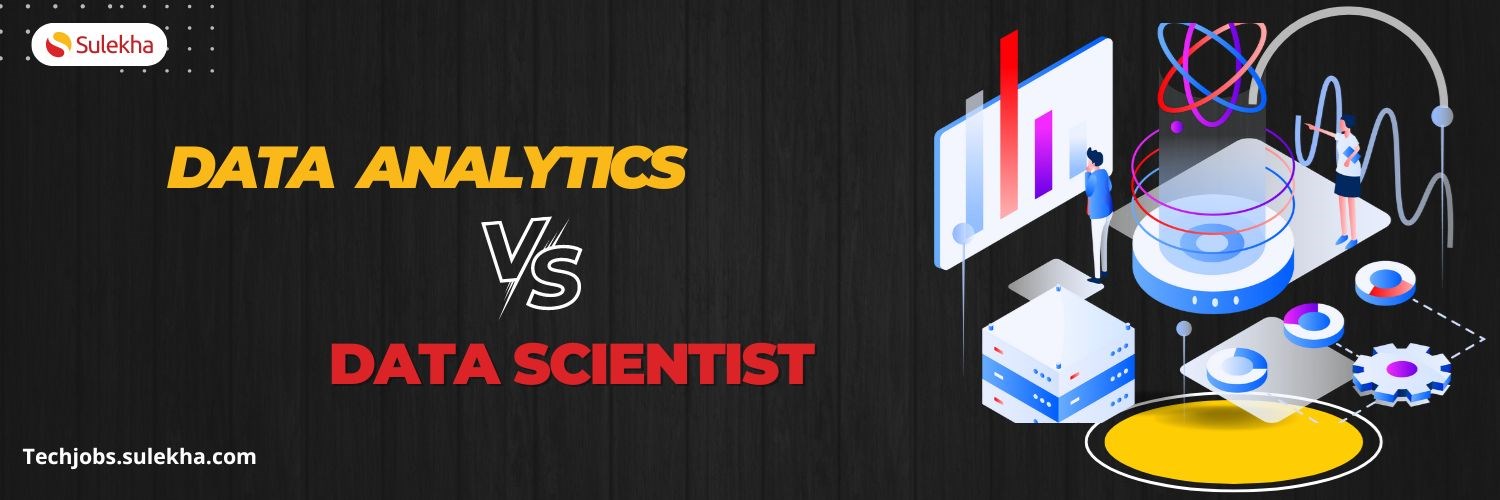
Overview of data analytics VS data scientist
"Discover the key differences between data analytics and data science, explore top courses, job roles, salary expectations, and essential tools to build a successful career in these fields."
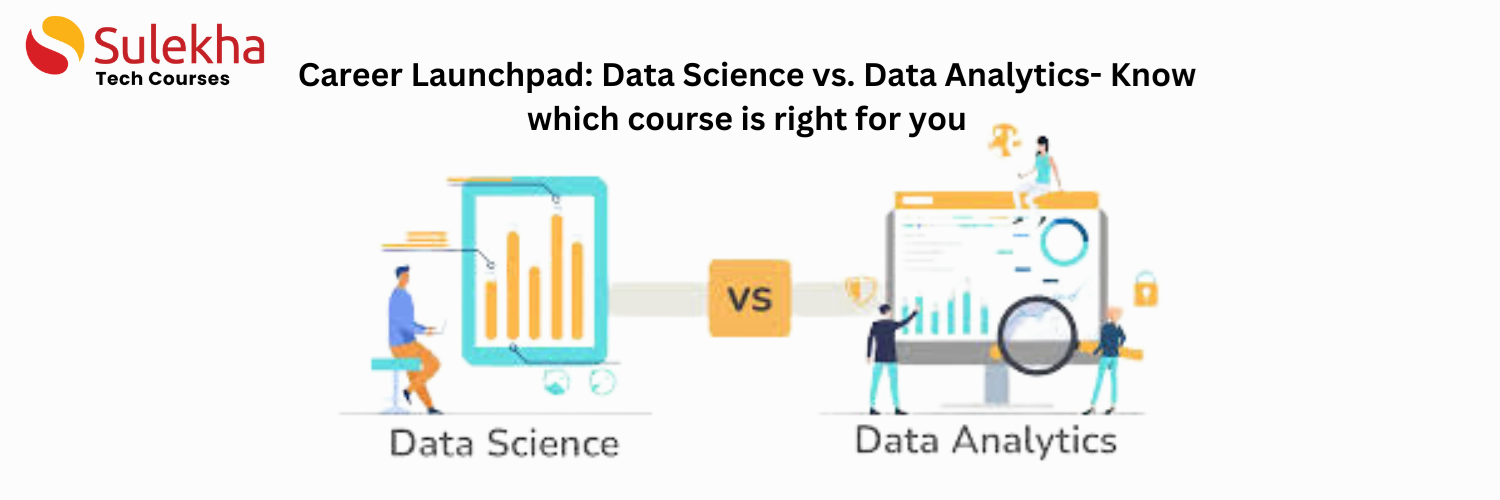
Career Launchpad: Data Science vs. Data Analytics- Know which course is right for you
Discover the key differences between Data Science and Data Analytics to choose the right course for your career. Explore roles, curriculum, salaries, and future prospects in this comprehensive guide.
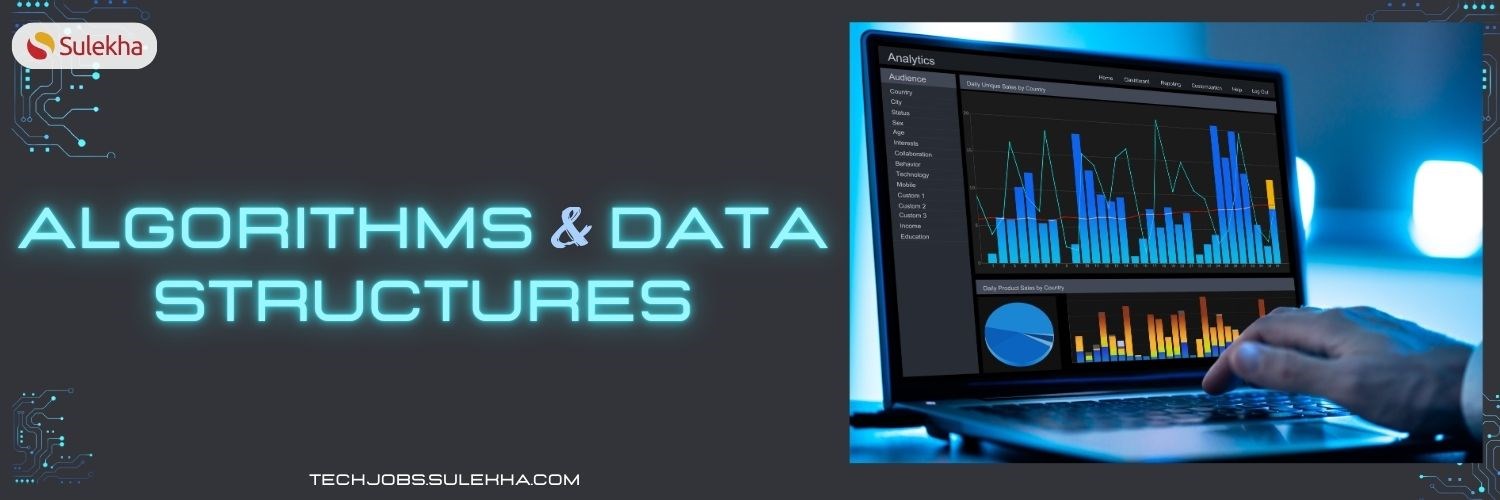
What are Algorithms?
Discover the fundamentals of algorithms and data structures, their characteristics, types, and their crucial role in problem-solving and programming efficiency.

TEN ENTRY LEVEL JOBS IN IT FOR FRESHERS
Explore ten entry-level IT jobs for freshers, including roles like Help Desk Technician and Cloud Engineer, that require no prior experience but foundational IT knowledge. Discover exciting career paths in the technology sector that offer growth and

What is statistics?
Discover the basics of statistics, including its major types—descriptive and inferential—and their importance in data analysis and prediction.

Twelve High Paying Jobs in New York City
Uncover twelve high-paying jobs in New York City, including roles like data scientist and public relations manager. Learn about their responsibilities and salary ranges.
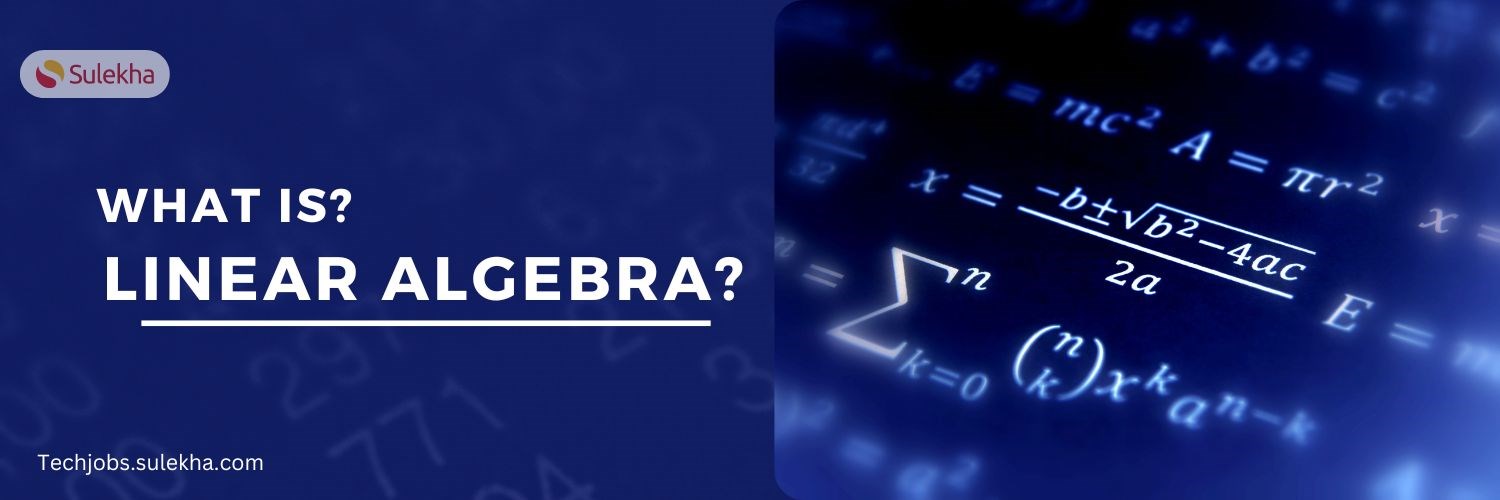
What is Linear Algebra?
Discover the importance of linear algebra in various fields like data science, economics, and medicine. Understand its applications and why it's an essential skill for students and professionals alike.

TEN ENTRY LEVEL JOBS IN IT FOR FRESHERS
Discover ten entry-level IT jobs perfect for freshers, offering exciting career opportunities and a pathway to success in the tech industry.
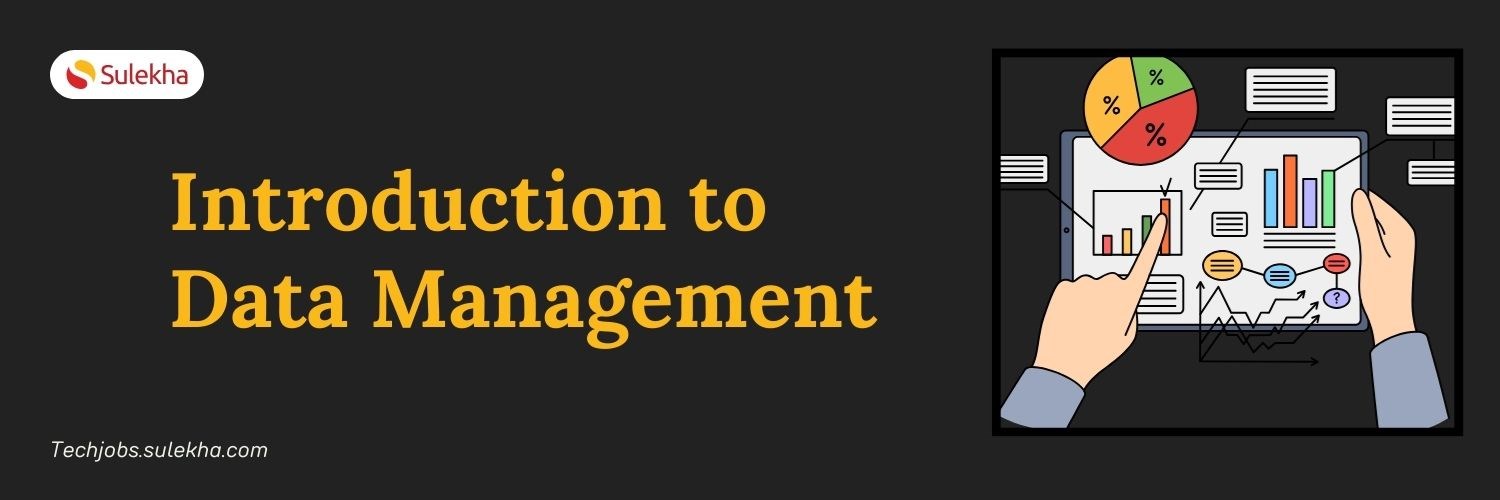
What is data management?
In this blog, we have covered what is data management, Data management process, and types of data management.
Latest blogs on technology to explore
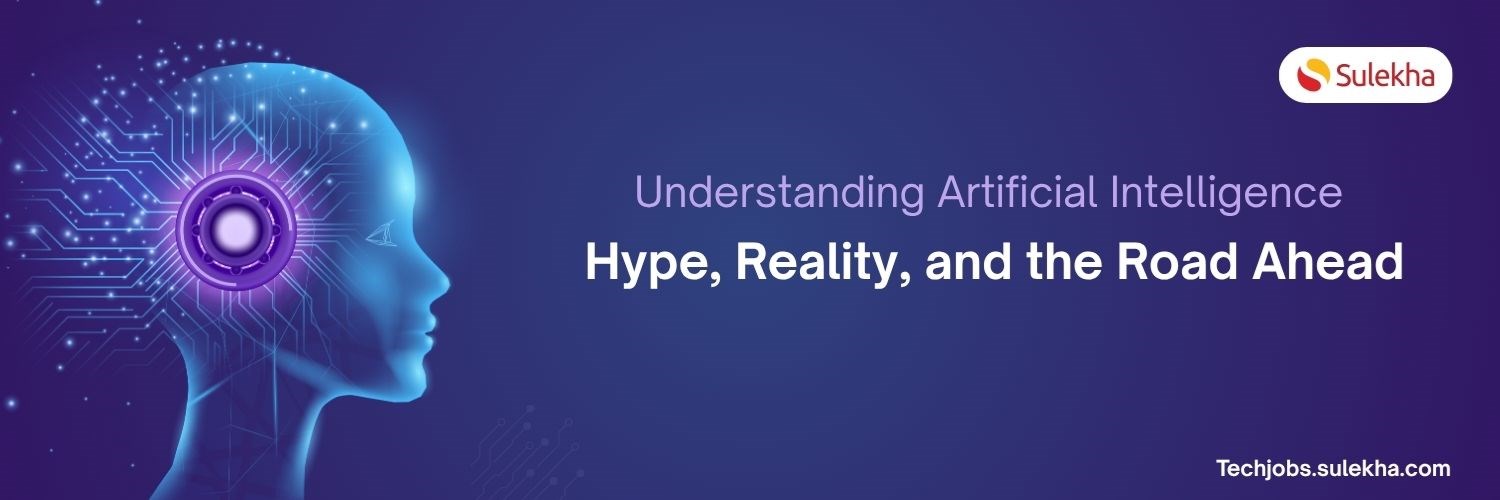
Understanding Artificial Intelligence: Hype, Reality, and the Road Ahead
Explore the reality of Artificial Intelligence (AI) — its impact, how it works, and its potential risks. Understand AI's benefits, challenges, and how to navigate its role in shaping industries and everyday life with expert training programs

How Much Do Healthcare Administrators Make?
Discover how much healthcare administrators make, the importance of healthcare, career opportunities, and potential job roles. Learn about salary ranges, career growth, and training programs with Sulekha to kickstart your healthcare administration jo

How to Gain the High-Income Skills Employers Are Looking For?
Discover top high-income skills like software development, data analysis, AI, and project management that employers seek. Learn key skills and growth opportunities to boost your career.

What Companies Expect from Product Managers in 2025: Skills, Tools, and Trends
Explore what companies expect from Product Managers in 2025, including essential skills, tools, certifications, and salary trends. Learn how to stay ahead in a rapidly evolving, tech-driven product management landscape.

Breaking Into AI Engineering: Skills, Salaries, and Demand in the US
Discover how to break into AI engineering with insights on essential skills, salary expectations, and rising demand in the US. Learn about career paths, certifications, and how to succeed in one of tech’s fastest-growing fields.
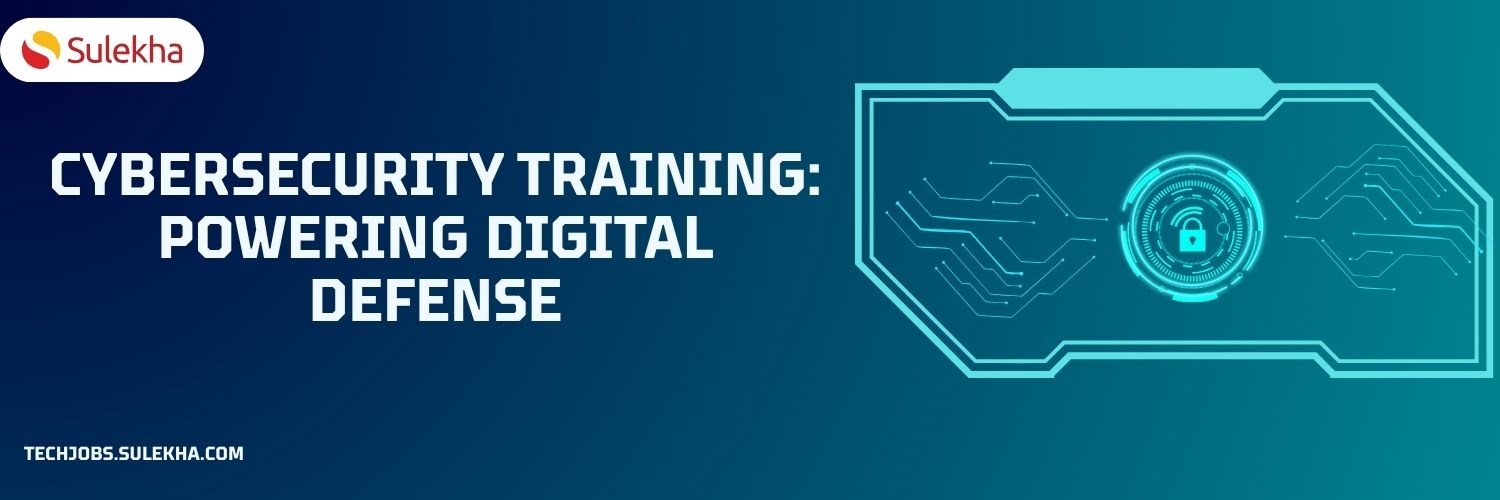
Cybersecurity Training: Powering Digital Defense
Explore top cybersecurity training programs in the USA to meet rising demand in digital defense. Learn about certifications, salaries, and career opportunities in this high-growth field.

Why Pursue Data Science Training?
Empower your career in a data-driven world. Learn why data science training is crucial for high-demand jobs, informed decisions, and staying ahead with essential skills.

What Does a Cybersecurity Analyst Do? 2025
Discover the vital role of a Cybersecurity Analyst in 2025, protecting organizations from evolving cyber threats through monitoring, threat assessment, and incident response. Learn about career paths, key skills, certifications, and why now is the be

Artificial intelligence in healthcare: Medical and Diagnosis field
Artificial intelligence in healthcare: Medical and Diagnosis field

iOS 18.5 Is Here: 7 Reasons You Should Update Right Now
In this blog, we shall discuss Apple releases iOS 18.5 with new features and bug fixes